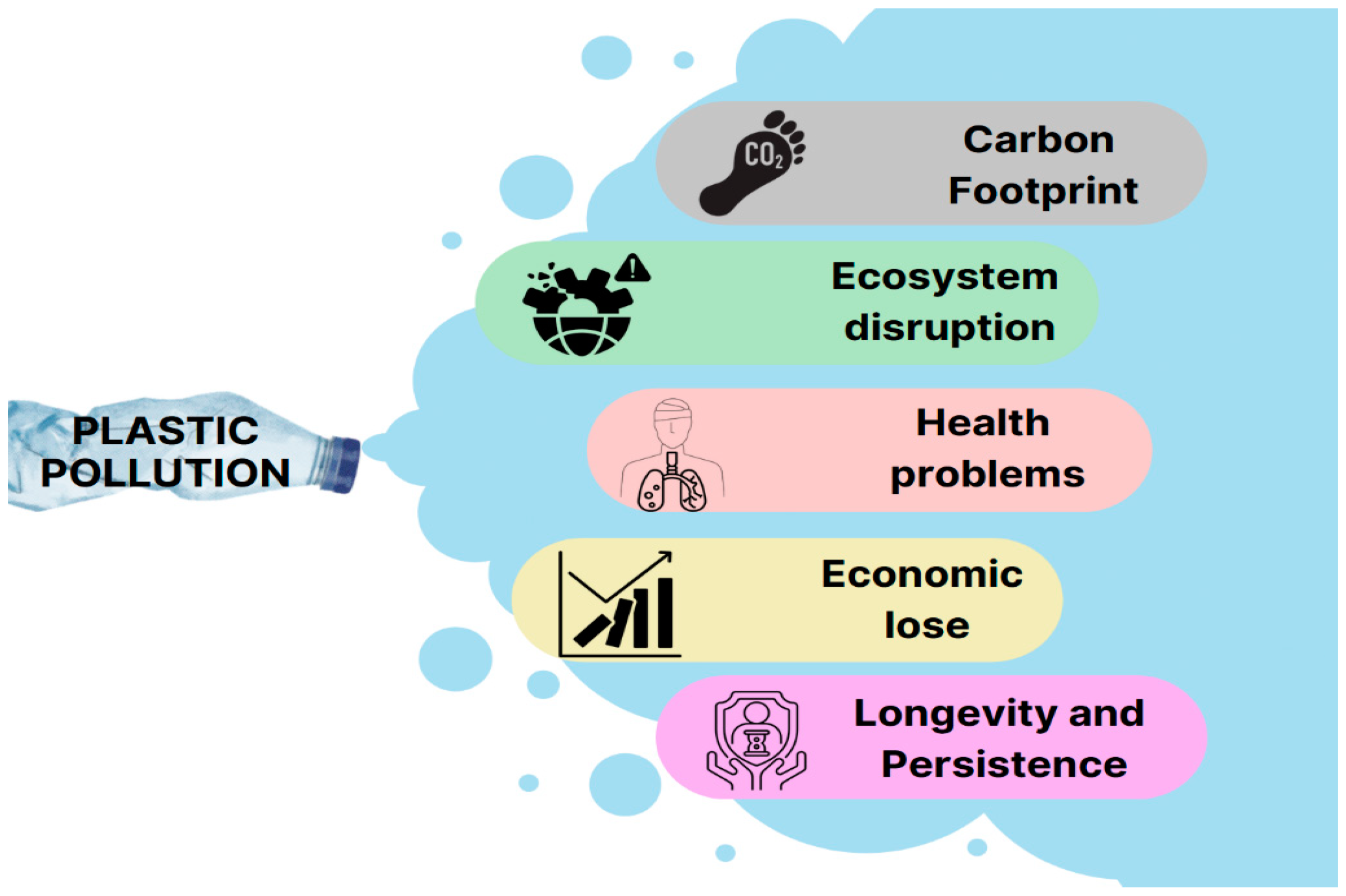
Bioplastics, often heralded as sustainable alternatives to traditional petroleum-based plastics, have gained popularity due to their biodegradable nature and reduced environmental impact. Derived from renewable sources like corn starch and sugarcane, these materials are commonly used in packaging, disposable cutlery, and even clothing. However, recent scientific studies have raised concerns about the potential health risks associated with bioplastics, challenging the perception of their safety and eco-friendliness.
A peer-reviewed study published in May 2025 revealed that starch-based bioplastics might pose similar health risks as conventional plastics. The research indicated that long-term exposure to these materials in mice led to organ damage, metabolic disruptions, and imbalances in gut microbiota, which are linked to cardiovascular diseases and altered glucose levels. Toxic chemicals from bioplastics were found in vital organs such as the liver, ovaries, and intestines, leading to tissue lesions and genetic pathway disturbances. Furthermore, like traditional plastics, bioplastics degrade into microparticles, contributing to environmental contamination and potential ingestion by humans and wildlife.
These findings underscore the necessity for comprehensive evaluations of bioplastics’ health impacts before their widespread adoption. While the shift towards biodegradable materials is a step in the right direction for environmental sustainability, it is crucial to ensure that these alternatives do not inadvertently introduce new health hazards. Consumers and policymakers must advocate for rigorous testing and transparent reporting on the safety of bioplastics. In the pursuit of eco-friendly solutions, a balanced approach that considers both environmental and human health implications is essential.







